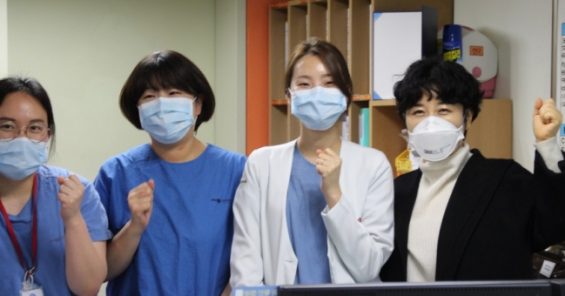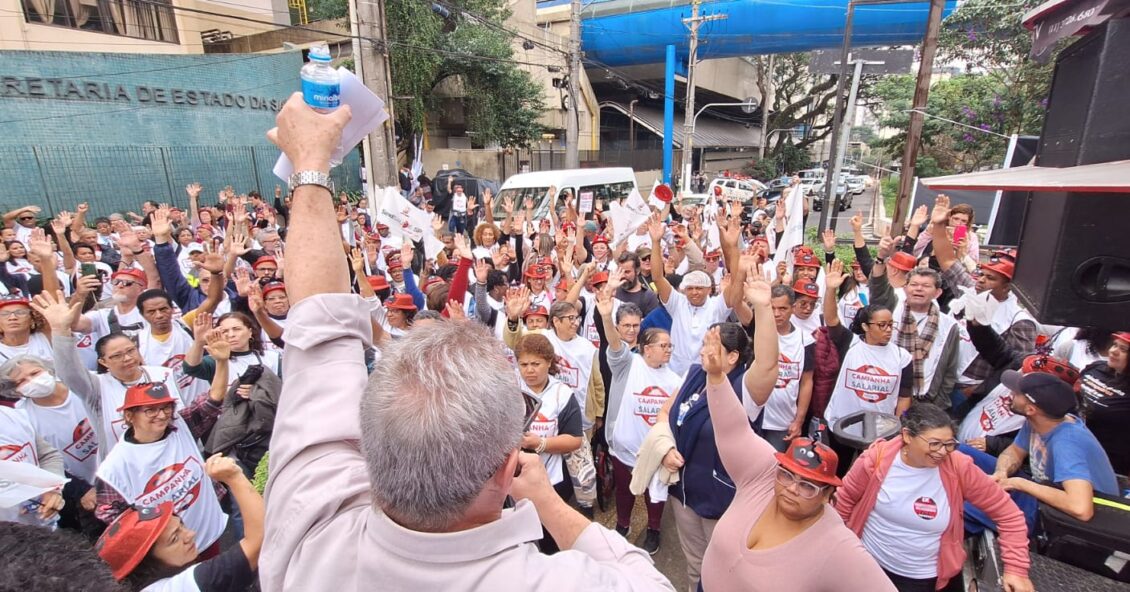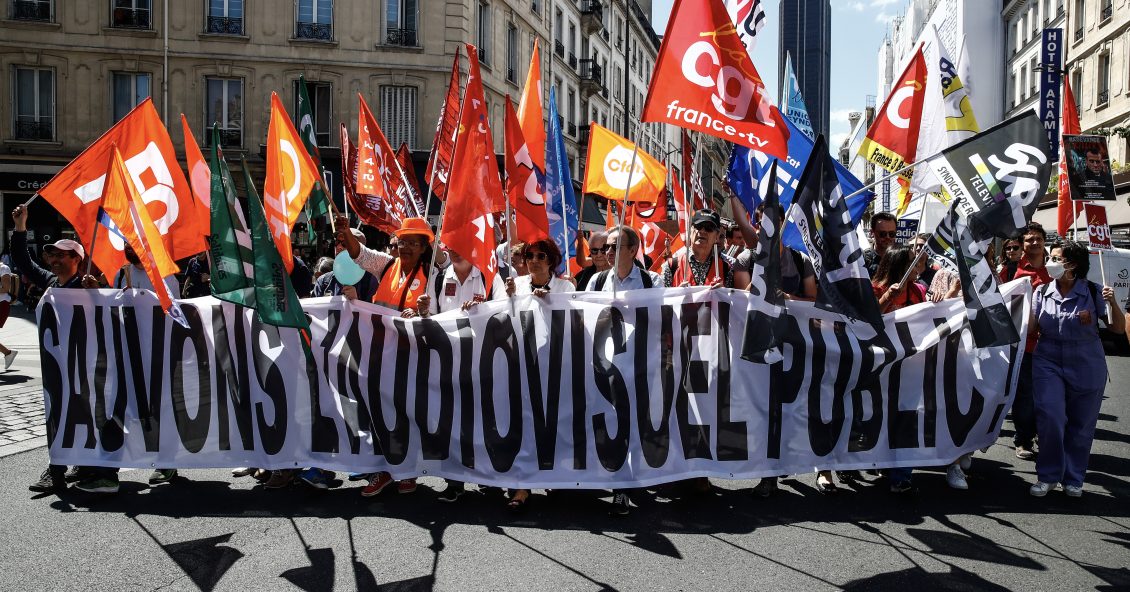As the world faces one of the worst public health crises in recent history, South Korea’s response to the COVID-19 outbreak is widely praised as a model for other affected countries to follow, and the care employees represented by UNI affiliate Korean Health and Medical Workers’ Union (KHMU) are at the center of the country’s effective response to contain the virus.
The decreasing rate of new infections, low mortality, and the strong, united response of Korean healthcare workers has buoyed support for workers, and the union is drawing on this newfound support to demand necessary reforms to the country’s care system in the lead-up to the April 15 General Elections. National Infection Prevention Hospitals, a National Graduate School for Public Healthcare, and an more staff in public hospitals are part of a list of demands to improve care in South Korea.
“Korean healthcare workers are showing the world how to work together to stop COVID-19,” said Christy Hoffman UNI Global Union General Secretary. “Diligent, highly-trained, and protected workers serving a robust healthcare system are essential for any functioning society. If we are learning one thing during this emergency is that government and employers must do what’s necessary to put people first in every policy against the virus.”
During the crisis in Daegu, the epicenter of the outbreak in Korea, nurses at the Daegu Medical Center have been taking care of patients in two 12 hours shifts wearing Level D Special Protective Clothing, double gloves, and special helmets at almost all times—even during precious short naps taken on benches or the floor. One nurse said, “I’m very worried about my family, but my husband encouraged me to not worry and said that he will take care of our children. I am motivated to work hard to protect people’s lives.”
Medical personnel from other parts of the country are helping to alleviate the staffing needs of Daegu City. On 14 March, 24 nurses working for the National Medical Center in Seoul, who are also members of KHMU, left for Daegu to support the Daegu Daemyung Hospital. Sister Ahn Soo-Kyung, the president of the local union said before their departure, “Despite the risks, we made this difficult decision after hearing of the continued shortage of nursing staff in Daegu. We will do our best and come back here safely.”
Protecting Workers and Patients
Professor Yoo Byung-Soon of Seoul National University recently surveyed 1,300 doctors, nurses, and administrative staff at Myongji Hospital, and found that 53.4 per cent of them were exposed to the risk of infection. The respondents complained that fatigue was aggravated by increased work. KHMU demanded a government response urging support for medical personnel.
Thanks in part due to KHMU’s advocacy, the Korean government announced supplementary measures to protect and compensate exhausted health workers. The measure will allow a total of 2,124 people (1,128 doctors, 793 nurses, 203 co-workers) who are currently working on coronavirus treatment to be compensated for overtime work, enhanced rest allocation, and additional supplies of masks.
A Unified, Rapid Response
The number of Covid-19 cases in Korea started surging in late January when the 31st confirmed patient (a 61-year-old woman who has not traveled abroad) became a super spreader. The woman became an epicenter when she unwittingly infected many others attending the Shinchonji church in Daegu City located in Guacheon, Gyeonggi Province (southern part of Korea). The church boasted a total of 280,000 attendees throughout the country.
As the number of verified cases climbed up, the Mayor of Daegu City appealed to the whole country for help because of the lack of medical personnel. Doctors and nurses from all regions responded to the call for help. Among them was Representative Ahn Cheol-Soo, the political leader of the opposition party, who also participated with his wife for voluntary services in the hospital. Many private doctors also closed their clinics and rushed to Daegu.
To acknowledge the efforts of these dedicated workers, the KHMU launched a social media campaign to encourage people to send thank you messages to the devoted medical personnel. A stream of endless notes of love and thanks, food and fruits flowed from all over the nation.


